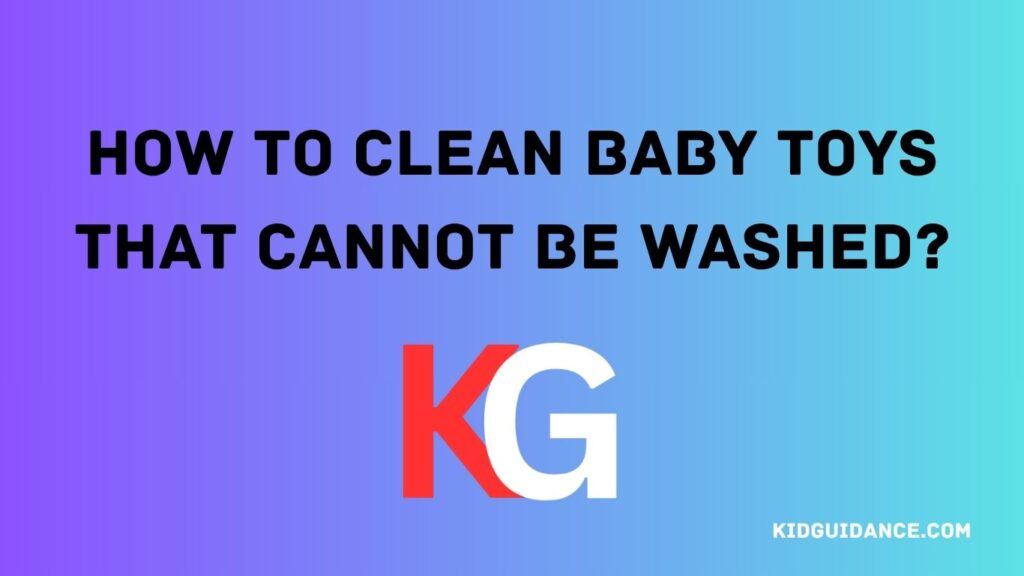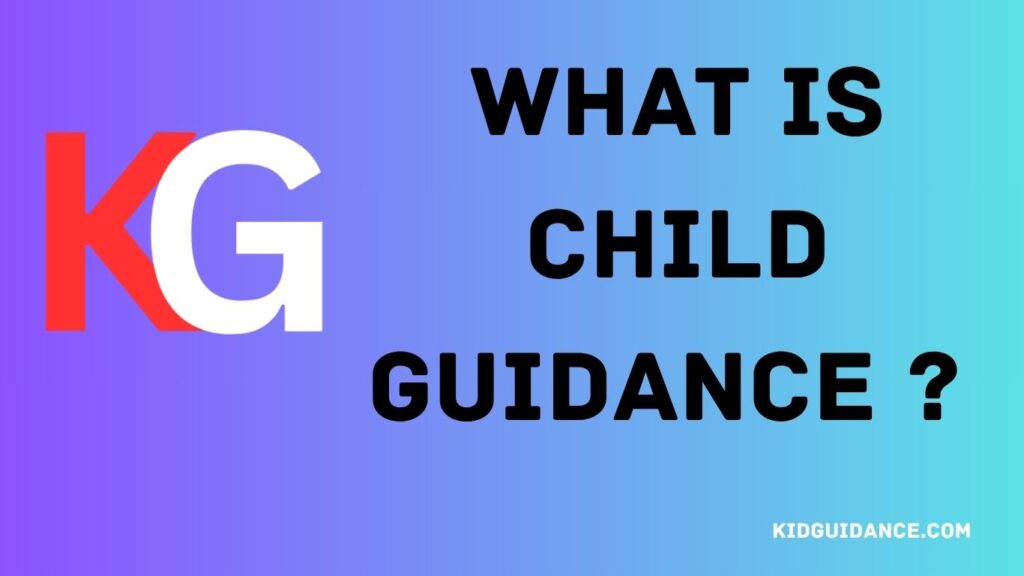Quick answer:
A healthy, full-term newborn typically needs 100–120 calories per kilogram of body weight per day.
This guideline is widely used by pediatric healthcare providers and applies to both breastfed and formula-fed babies.
Newborn Calorie Needs (Snippet-Ready Summary)
- Calories per kg: 100–120 kcal/kg/day
- Feeding frequency: Every 2–3 hours
- Daily feeds: 8–12 times in 24 hours
- Calories in milk: ~20 kcal per ounce
These values are general references and may vary by individual baby.
Newborn Daily Calorie Needs by Weight
| Baby Weight | Calories Per Day |
|---|---|
| 2.5 kg | 250–300 calories |
| 3.0 kg | 300–360 calories |
| 3.5 kg | 350–420 calories |
| 4.0 kg | 400–480 calories |
Calories in Breast Milk
Breast milk contains approximately:
- 20 calories per ounce, or
- 67 calories per 100 ml
Breast milk naturally provides fats, carbohydrates, and proteins that support normal infant growth. Its nutritional composition changes over time based on feeding patterns.
Parents who express milk may use accessories such as breast pumps, milk storage containers, and nursing supports to manage feeding routines.
Calories in Infant Formula
Most standard infant formulas provide:
- 20 calories per ounce, or
- 67 calories per 100 ml
Specialized or higher-calorie formulas are sometimes recommended by healthcare professionals for specific medical needs.
Families who bottle-feed often choose feeding tools based on comfort, routine, and caregiver preference.
Do Newborns Burn Calories While Sleeping?
Yes.
Newborns continue to use calories during sleep for:
- Growth and development
- Breathing and circulation
- Digestion and temperature regulation
A large portion of a newborn’s daily calorie intake supports these basic bodily functions.
Why Do Newborns Feed So Often?
Newborns feed frequently because:
- Their stomach capacity is small
- Milk is digested quickly
- Energy needs are high
Typical feeding pattern:
- Every 2–3 hours
- 8–12 feedings per day
This pattern is common worldwide and applies to both breastfed and formula-fed babies.
How to Tell If a Newborn Is Getting Enough Calories
Healthcare providers focus on growth trends and observable signs, not exact calorie counts.
Common indicators often include:
- Gradual weight gain over time
- Around 6 or more wet diapers per day after the first week
- Periods of alertness when awake
- Appearing calm or relaxed after feeding
Many newborns regain their birth weight within 10–14 days, though this can vary.
Calorie Needs for Premature Babies
Premature babies may have higher energy needs and are often managed with individualized feeding plans.
Typical ranges discussed in clinical care include:
- 150–180 calories per kilogram per day
Parents of premature infants should always follow medical guidance specific to their baby.
Can a Newborn Be Overfed?
Overfeeding is uncommon, especially with breastfeeding. With bottle feeding, caregivers are often advised to observe hunger and fullness cues rather than focusing on finishing a set amount.
Possible signs that may prompt discussion with a healthcare professional include:
- Frequent spit-up
- Ongoing fussiness after feeding
- Excess gas
When to Speak With a Healthcare Professional
Parents should seek guidance if they notice:
- Poor or inconsistent weight gain
- Fewer wet diapers than expected
- Unusual sleepiness or difficulty waking
- Persistent feeding difficulties
Early consultation can help address concerns and provide reassurance.
Frequently Asked Questions (Featured Snippet Optimized)
How many calories does a newborn need per day?
Most newborns need 100–120 calories per kilogram per day.
How many calories are in breast milk?
Breast milk contains about 20 calories per ounce.
Do newborns burn calories while sleeping?
Yes. Growth and essential functions continue during sleep.
How can I tell if my baby isn’t getting enough calories?
Growth patterns, diaper output, and alertness are commonly monitored indicators.
Do premature babies need more calories?
Yes. Premature babies often require higher calorie intake under medical supervision.



